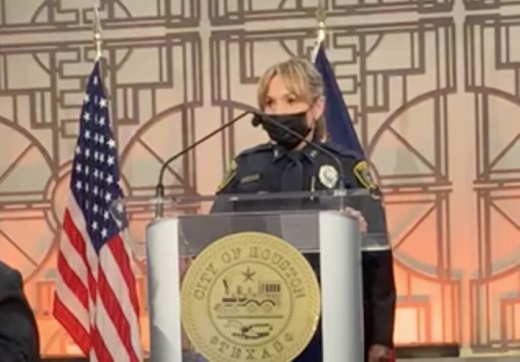Mayor Sylvester Turner said the spending was prompted by an increase in domestic violence calls and suicide rates in the city throughout the coronavirus pandemic.
The funding for both programs will last through the end of 2020; however, Turner said he hopes to lay a pathway for continued support.
“The goal is to be able to find additional funding to keep our DART teams as well as our CIRT teams going at an expanded reach to expand their capacity,” he said.
HPD has used CIRT teams, which pair patrol officers with Harris Center clinicians, since 2008; however, the teams are only able to respond to a fraction of the mental health-related calls the department receives, HPD Assistant Chief Wendy Bainbridge said. The increase in funding will put 417 additional CIRT patrols on the streets through the end of the year from Wednesday through Monday, she said.
The new DART program will receive the bulk of the allocation, using $5 million to pair police officers with domestic violence victim advocates and forensic nurses.
The victim advocate will connect victims of domestic abuse with local organizations that can assist with emergency shelter, long-term housing and legal aid, HPD Victim Services Lieutenant Julie Pleasant said. The forensic nurses are on hand to perform safety evaluations as needed. At times, the wait for domestic violence exams can reach two to three hours, Pleasant said. The nurses can also testify in court about victims' claims.
“That puts less of the burden on the victim and more on the abuser,” Pleasant said.
The Nov. 9 announcement is not the first time HPD has received some of the city’s CARES Act funding. The department also received $4 million for overtime costs Oct. 19 and $5 million for new radio systems Nov. 4.





